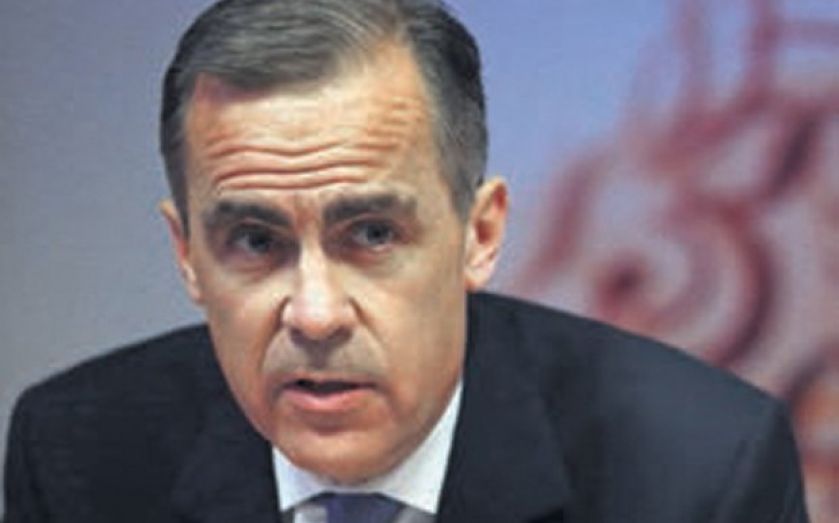Unemployment dives as recovery accelerates

JOBLESSNESS dived again at the start of the year, official figures showed, giving the chancellor a boost as he unveiled his budget, and living standards are set to rise this year.
Pay increased by 1.7 per cent in the year to January, almost as high as inflation at 1.9 per cent. Private sector pay is in the lead, up 1.9 per cent, while public pay rose 0.9 per cent. The Office for Budget Responsibility expects wages to overtake prices this year, boosting living standards.
And the government’s spending watchdog predicted more good news is on the way, cutting unemployment forecasts for the years ahead.
Unemployment fell by 63,000 in the three months to January, to a rate of 7.2 per cent. In January alone it fell to 6.9 per cent, below the seven per cent threshold at which the Bank of England last year said it would start considering raising interest rates, and underlining its decision to look at a range of indicators of the economy’s strength.
Male unemployment fell 60,000 to 7.4 per cent, while the rate among women fell 3,000 to 6.9 per cent.
Youth unemployment fell 31,000 to 17.7 per cent.
Private companies are creating more jobs than the public sector is shedding, but the government is still cutting staff – the OBR expects 720,000 job losses over the next five years, averaging 36,000 each quarter.